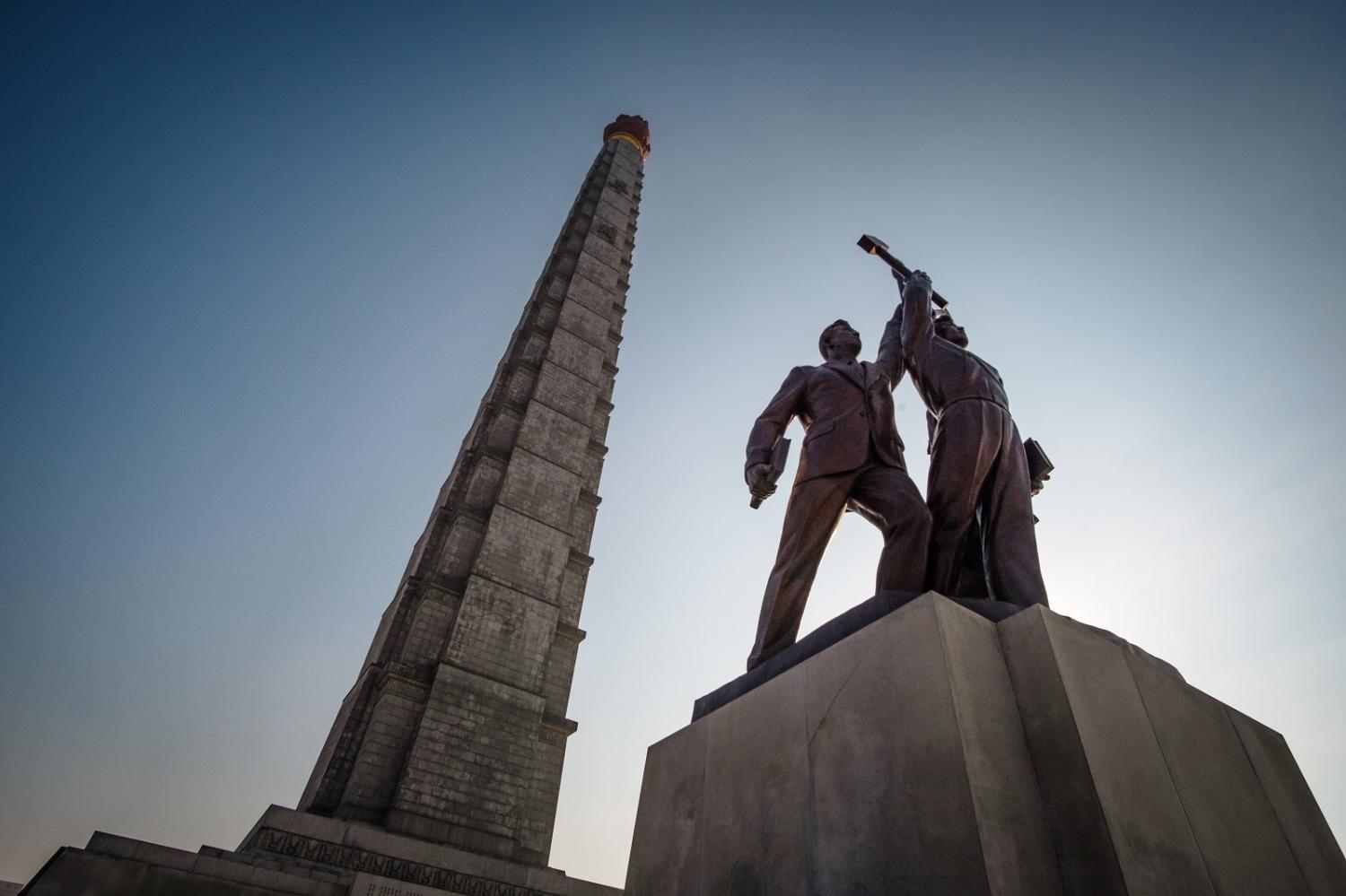For the first time since the Covid-19 pandemic subsided, North Korea has sent a delegation led by Kim Song-nam, director of the international department of the Workers’ Party of Korea, to Southeast Asia. Kim visited Vietnam and Laos in March in a bid to strengthen ties with North Korea’s socialist partners after South Korea established diplomatic relations with Cuba, a socialist republic, in February. Kim’s foreign tour also came after North Korea closed several foreign embassies and consulates in late 2023 and early 2024, bringing its total foreign diplomatic presence down to 44 offices. In comparison, South Korea boasts 177 diplomatic missions worldwide. Except for its growing ties with Russia and China, North Korea remains isolated, as demonstrated by its low ranking in the 2024 Lowy Institute Global Diplomacy Index.
A key reason for Pyongyang’s growing isolation is the success of international sanctions. In the past, North Korea relied on its foreign missions to smuggle goods into the hermit state to bolster its moribund domestic economy. Its decision to close embassies and consulates in countries where it traditionally conducted illicit trade, such as Uganda and Angola, suggests the costs of that trade now outweigh the economic benefits. And despite growing China–North Korea ties, Pyongyang has even closed its consulate in Hong Kong, where it was reported to rely on shadowy front companies to bypass international sanctions and launder money.
Such closures make it more difficult for Pyongyang to earn money. Indeed, it is not hard to understand why, in recent years, North Korea has ramped up its use of cybercrime, targeting the decentralised and unregulated cryptocurrency market to fund its nuclear program as sanctions closed the loopholes of traditional illicit trade.
In this context, North Korea’s decision to maintain ties with its Southeast Asian socialist partners matters. While North Korea shut its borders and reduced international contact during the pandemic, it maintained regular exchanges with Vietnam and Laos on important issues. North Korean and Vietnamese leaders congratulated each other on the success of their respective ruling parties’ national congresses in 2021. Most recently, the two countries commemorated the 65th anniversary of North Korean Premier Kim Il-sung’s visit to Hanoi in 1958. In 2018, Vietnamese ports reportedly received coal shipments from North Korea, and in 2019 it was reported that North Korean restaurants in Hanoi were serving as a cover for the country to sell high-tech facial recognition software and bypass international sanctions. In 2020, Vietnam complied with international sanctions and sent home dozens of North Korean workers. The small number of workers that stayed were granted visas on humanitarian grounds due to the pandemic.
In Laos, Pyongyang and Vientiane’s foreign ministers signed a new cooperation agreement in April 2020, three months after North Korea closed its borders to control the pandemic. Laos continued ignoring international sanctions, allowing North Korean businesses to operate in the country during the pandemic. North Korean restaurants in Laos generated cash flow for the regime by serving as a hub for cybercrime and money laundering. In January this year, the United Nations Office of Drugs and Crime reported that North Korea is partnering with fraudsters and drug traffickers in Southeast Asia to convert cryptocurrency into cash to fund its weapons programs.
South Korea has engaged with Vietnam in an attempt to combat North Korea’s illicit trade network. During South Korean President Yoon Suk-yeol’s visit to Vietnam in June 2023, Yoon suggested to his Vietnamese counterpart, Vo Van Thuong, that the two countries should boost security cooperation, citing North Korea’s nuclear threat. To incentivise Hanoi, Seoul would help Vietnam diversify its military arsenal away from Russian producers by allowing South Korean arms makers to explore the Vietnamese market. This would make Vietnam the only socialist country that Seoul is considering for such a partnership, possibly due to the fact that the United States lifted its sanctions on lethal arms sales to Vietnam in 2016. Thuong said that Vietnam would be “ready to contribute to the denuclearisation of the Korean Peninsula”. When Kim Song-nam was in Hanoi in late March, the Vietnamese delegation contained their discussions to economic, cultural, and sports exchanges between the two governments.
At the 24th ASEAN–South Korea summit in Jakarta in September 2023, Yoon called for a stronger response to North Korea’s nuclear and missile programs, citing the security threat to Southeast Asian states. South Korea has long tried to enlist Laotian help in combating the North Korean threat. There is, however, a limit to how much South Korea can do to weaken Vietnamese and Laotian ties with North Korea. Southeast Asia’s geographical proximity, weak sanctions monitoring mechanisms, and historical ties to Pyongyang mean North Korea will always find loopholes to exploit.
Importantly, the neutral foreign policies of Southeast Asian states means they tend to adopt an even-handed approach to the two Koreas. For Vietnam and Laos, the right balance is to cooperate with Seoul just enough not to jeopardise their economic interests with South Korea or hurt their ties with North Korea. With the closure of several of North Korea’s foreign missions in Africa, Europe, and Asia, the remaining posts in Southeast Asia will assume a more important role in earning cash for Pyongyang.
